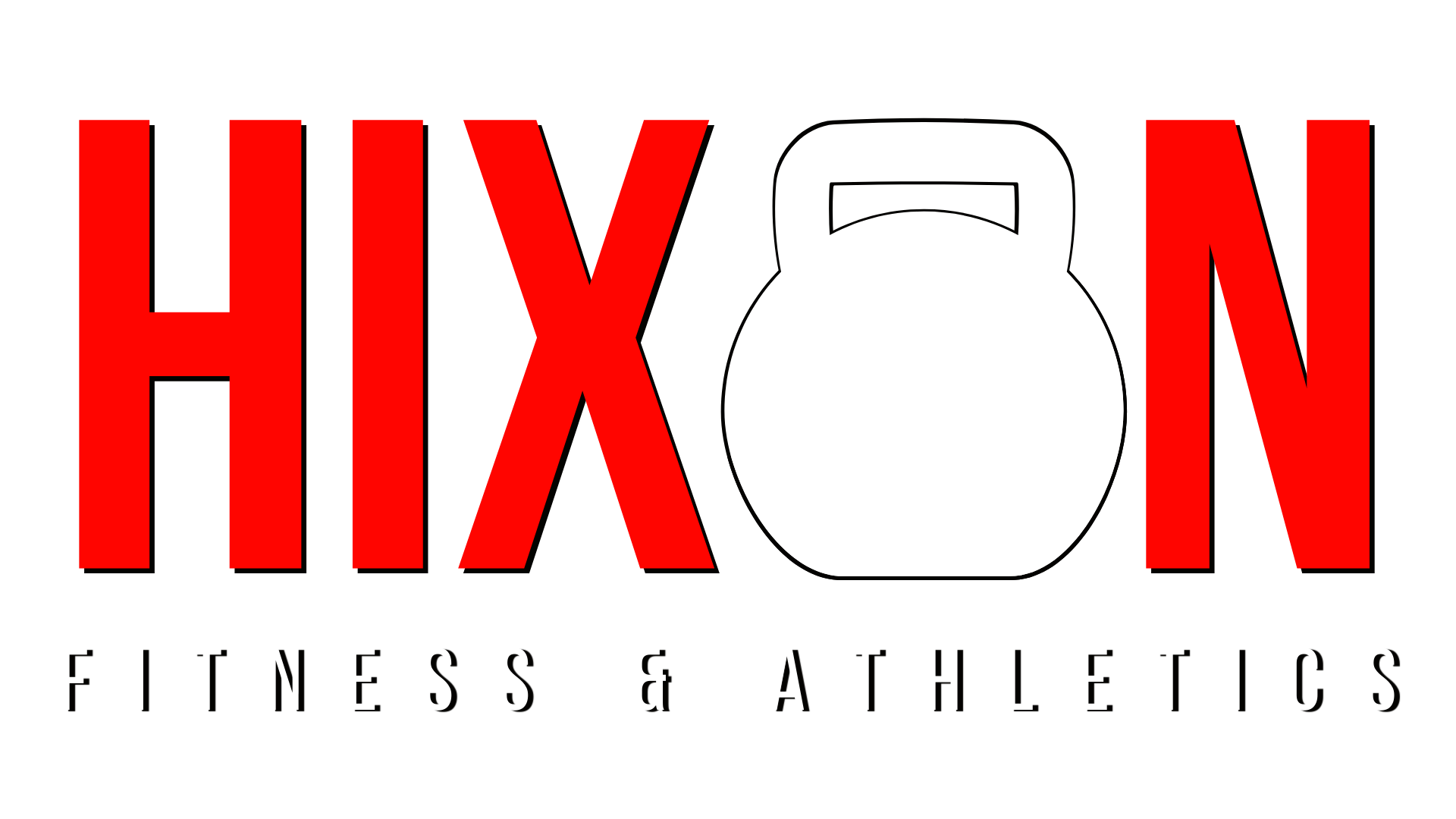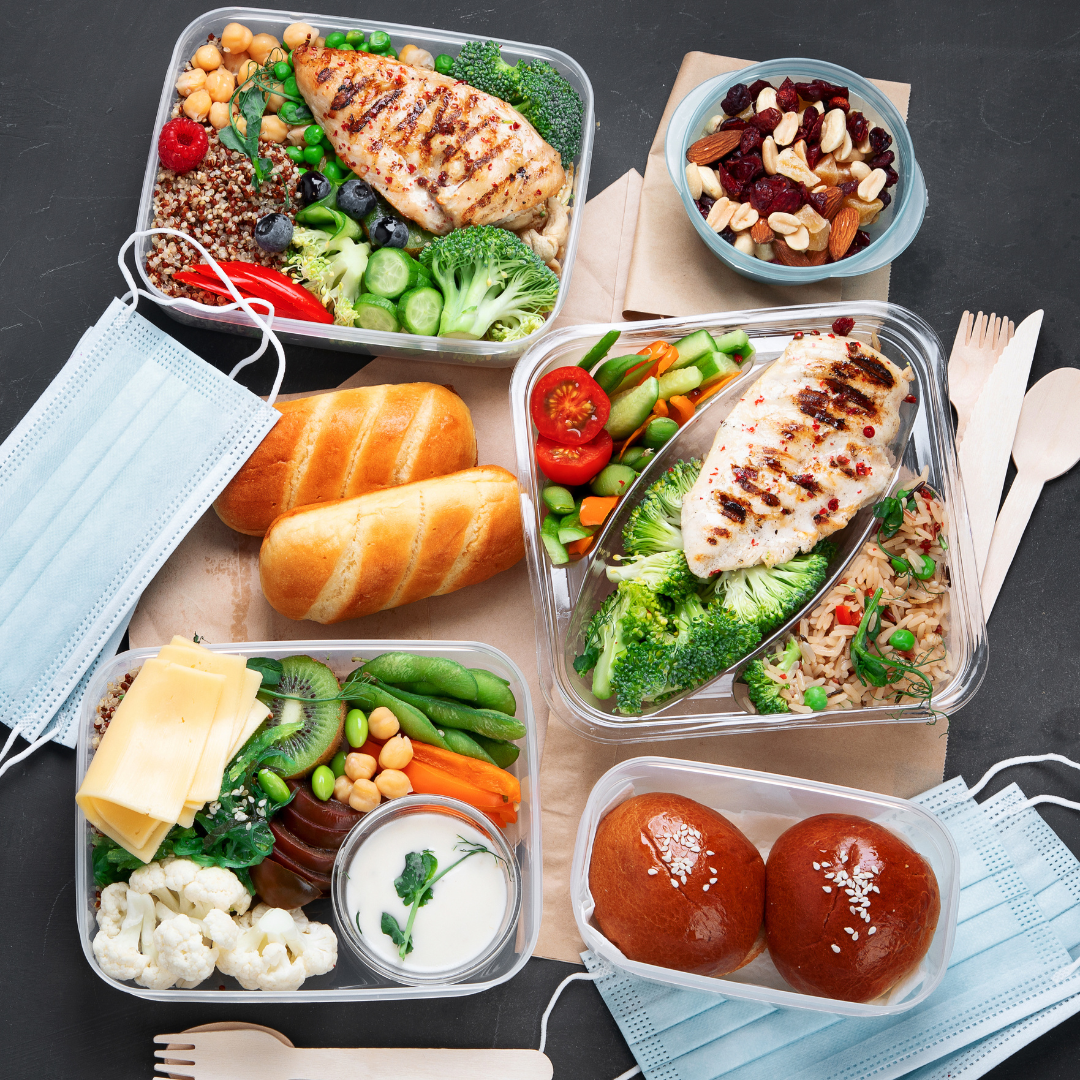Costs of Quality Nutrition
Following a high-quality nutrition program sounds like a no-brainer when you’re chasing better energy, clearer thinking, and improved physical health. But let’s be honest, eating well comes at a cost. And for busy professionals juggling careers, families, and personal goals, those costs aren’t just financial.
If you’re raising a family, jugging your career and health, and trying to build a sustainable nutrition routine, here’s what you need to know about the true price of eating well, and why it’s still worth every penny and ounce of effort.
1. The Financial Cost: Investing in Fuel, Not Just Food
Whole foods often carry a higher price tag than their ultra-processed counterparts. Organic produce, lean proteins, high-quality supplements, and meal prep containers add up. And while it’s tempting to stick to dollar-menu meals and vending machine snacks, the truth is: cheap food usually costs more in the long run, in health care bills, productivity losses, and energy crashes.
Key Takeaway: Quality nutrition is an investment. Budgeting for real food is similar to investing in good tools for your job, it pays you back in performance.
2. The Social Cost: Saying “No” More Often
Office happy hours, family barbecues, birthday cake in the breakroom, it’s hard to navigate modern life without food-centered gatherings. Following a nutrition plan often means making different choices than those around you. That can lead to awkward conversations, FOMO, or even subtle pressure from friends or coworkers who don’t understand your goals.
Key Takeaway: Choosing health sometimes means choosing to stand out. You’re not just saying "no" to junk food, you’re saying "yes" to your priorities.
3. The Mental Cost: Decision Fatigue and Food Focus
Tracking macros, reading labels, prepping meals, it can feel like a full-time job on top of your full-time job. The mental bandwidth required for consistent adherence is real, especially when you’re already stretched thin. And let’s not forget the emotional side: guilt from slip-ups, frustration from plateaus, or overthinking every bite can take a toll.
Key Takeaway: Building a sustainable nutrition program requires mental energy at first, but over time, routines reduce stress and automate success. Taking time to educate yourself on proper nutrition will empower you to create a flexible strategy built on principals, not immutable laws.
So, Is It Worth It?
Absolutely. But it’s not about perfection. It’s about building a lifestyle that aligns with your goals without burning you out.
If you're a busy professional, start small:
Focus on one meal a day
Batch prep just your protein sources
Keep healthy snacks visible and easy
And most importantly, give yourself grace. Good nutrition isn’t a punishment, it’s self-respect in action.
Final Thoughts
Quality nutrition comes with real costs, social, financial, and mental. But it also delivers real returns: sharper focus, steadier energy, better sleep, improved mood, and long-term health resilience.
At the end of the day, you're not just feeding your body. You're fueling your performance, your mindset, and your future.
Ready to Make Nutrition Simpler?
The truth is, navigating the costs of quality nutrition doesn’t have to be overwhelming. With the right structure, support, and strategy, it becomes part of your rhythm, not another item on your to-do list.
The Hixon Method was built for busy professionals like you, those who want results without sacrificing their sanity. If you're curious how it can help you stay consistent with nutrition, movement, and mindset…
Small steps. Big shifts. Sustainable change.


